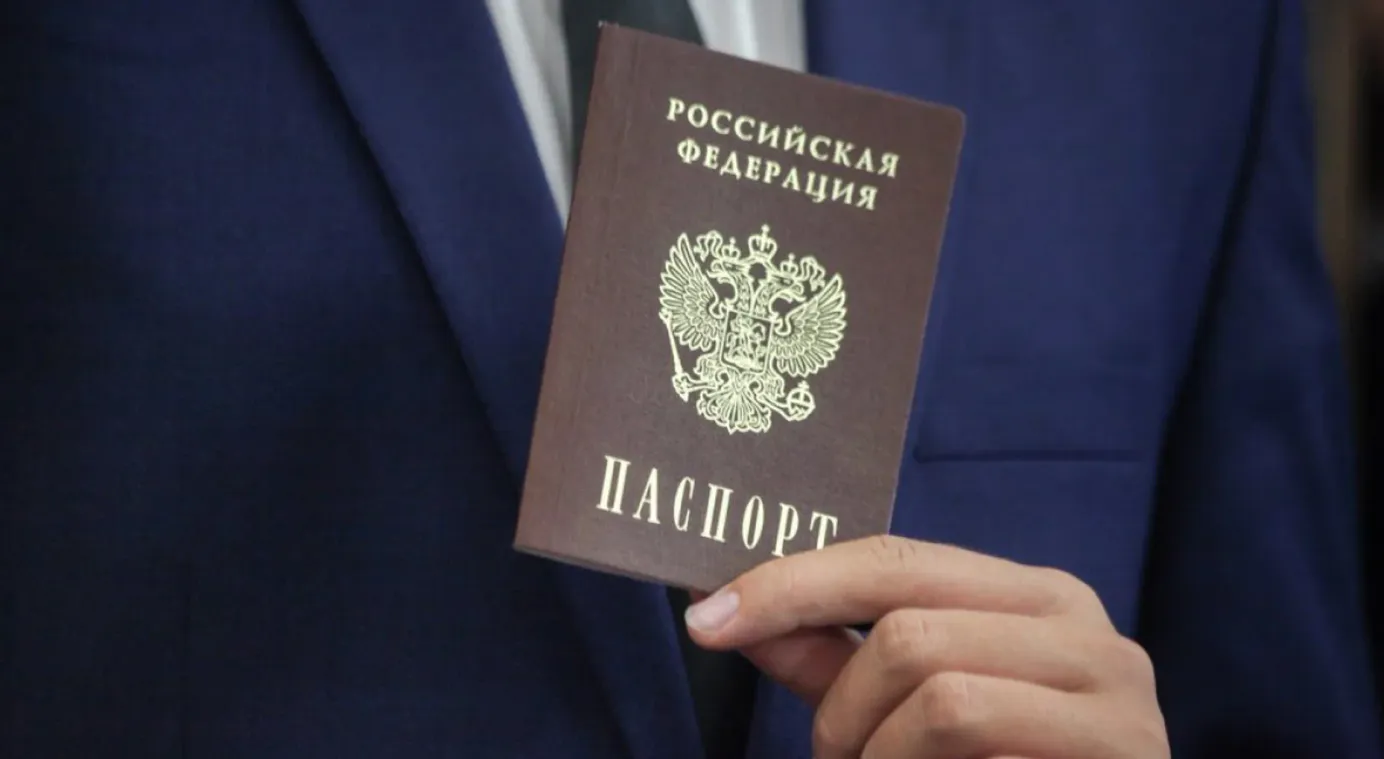
Another US journalist arrested
Last week, Russian police arrested journalist Alsu Kurmasheva, editor of Radio Free Europe/Radio Liberty’s Tatar-Bashkir service. Kurmasheva, who holds Russian and American citizenship, is accused of failing to register as a “foreign agent.” This is the first criminal case in Russia under laws that require anybody who “purposefully” collects unclassified information on military matters to register as a “foreign agent.” Kurmasheva, who returned to Russia back in May on a personal matter, now faces up to five years in jail.
- Kurmasheva lives in the Czech Republic with her husband and two children. She went to Russia on May 20 to deal with “urgent family needs.” On June 2, while waiting at the airport to depart Kazan (the capital of the Tatarstan region, sometimes known as Russia’s “third capital”) and return to Prague, she was arrested. She originally faced charges of failing to inform the Russian authorities of her US citizenship — a requirement under Russian law. Kurmasheva was fined and her passports were confiscated. While awaiting their return, on Oct. 18 she was arrested again on the new charges.
- The article under which Kurmasheva is charged was added to Russia’s criminal code in 2020. At first, it only applied to those who “purposefully” collected military information inside Russia. But in 2022, after the invasion of Ukraine, its scope was widened to include all citizens, even those based abroad. Lawyers interpret the law as a de facto ban on collecting any information whatsoever about military issues, even if that info is in no way confidential.
- The current FSB order lists 60 different types of information that are covered by the law. For instance, without voluntarily registering as a “foreign agent” — a label human rights activists regard as discriminatory — it is not permitted to collect information on the deployment and movement of Russian forces, or the progress of mobilization, or report on “predictions regarding the development of the military-political situation.”
- Even journalists that analyze official data published by Russia’s defense ministry are at risk because there is no definition of what “purposeful” collection of information actually means from a legal standpoint.
- A Kazan court Monday ordered Kurmasheva be held in custody until Dec. 5. Now she is in a pre-trial detention center, a prison where suspects are held until their cases are heard in court.
Why the world should care:
Kurmasheva’s case matters for several reasons. First, Russian law enforcement is using a new repressive tool against a journalist for the first time. Now it is clear that anybody working in the media who lives abroad, or in any way deals with topics that the Russian authorities deem sensitive, is at risk of being arrested if they return to Russia — even for personal or family reasons.
Additionally, this is the second instance in which a journalist with an American passport has been arrested this year. In March, Wall Street Journal correspondent Evan Gershkovich was arrested and accused of espionage. He faces up to 20 years in prison. It is possible that Russia’s authorities will continue to build up what analysts have called an “exchange fund” — a pool of US citizens that Russia can use to barter for the release of Russians imprisoned in the United States.




